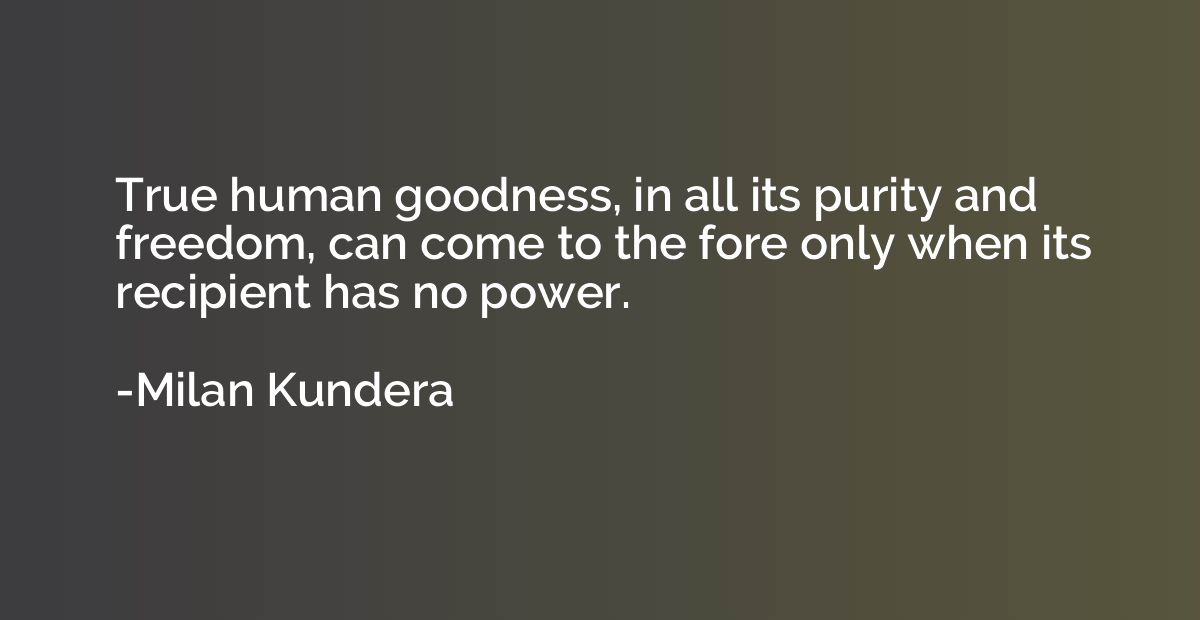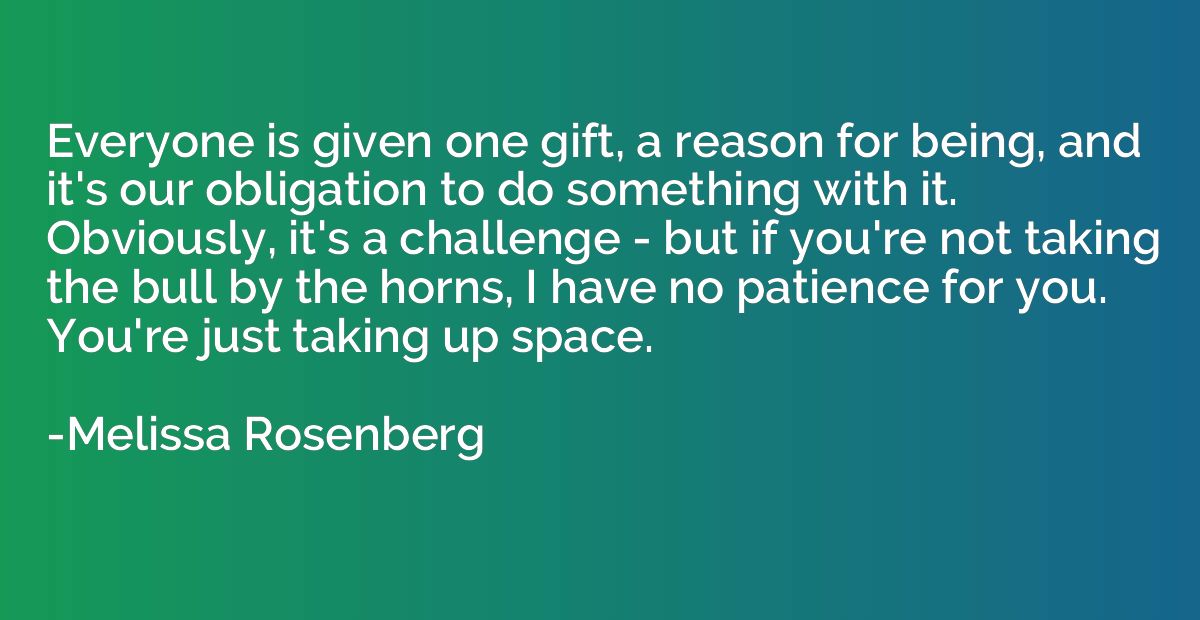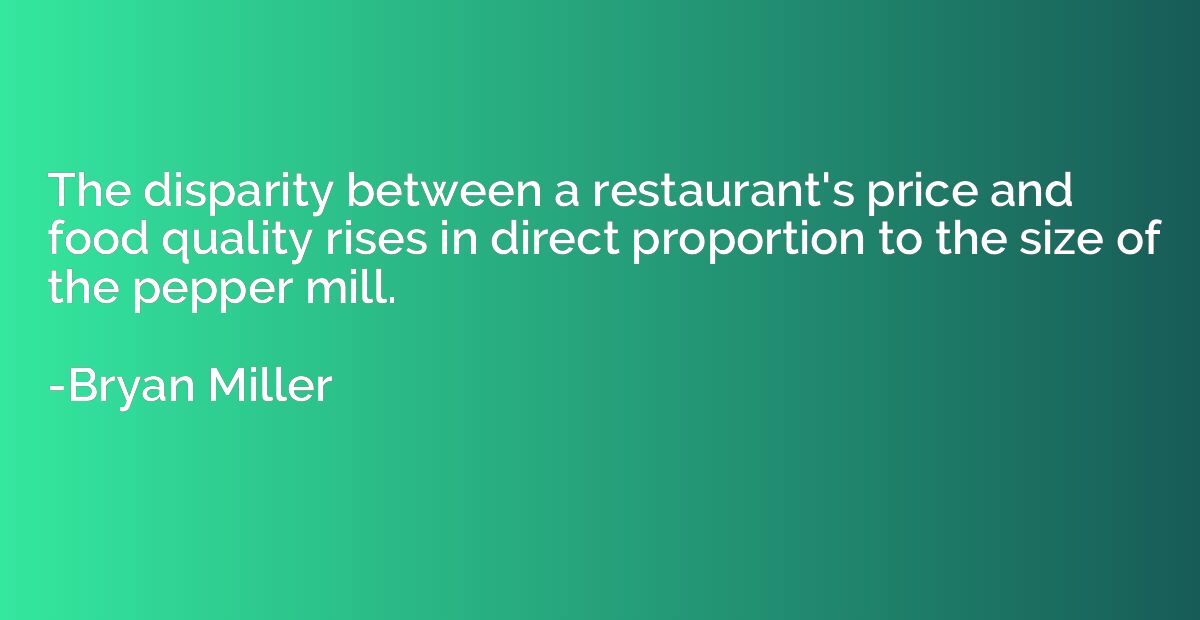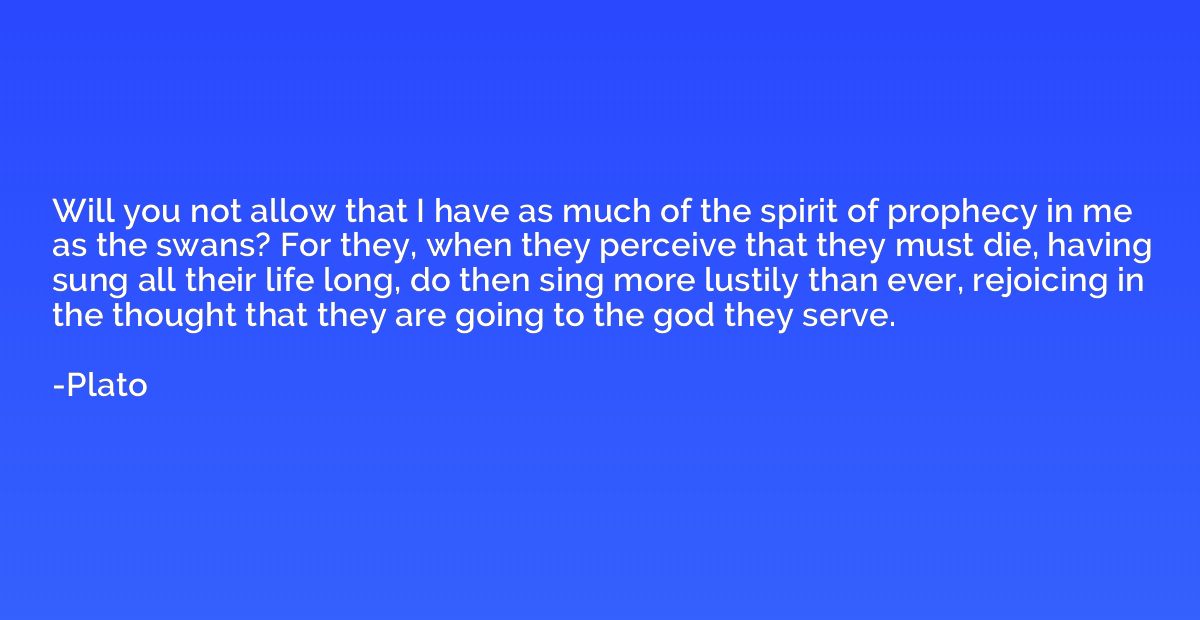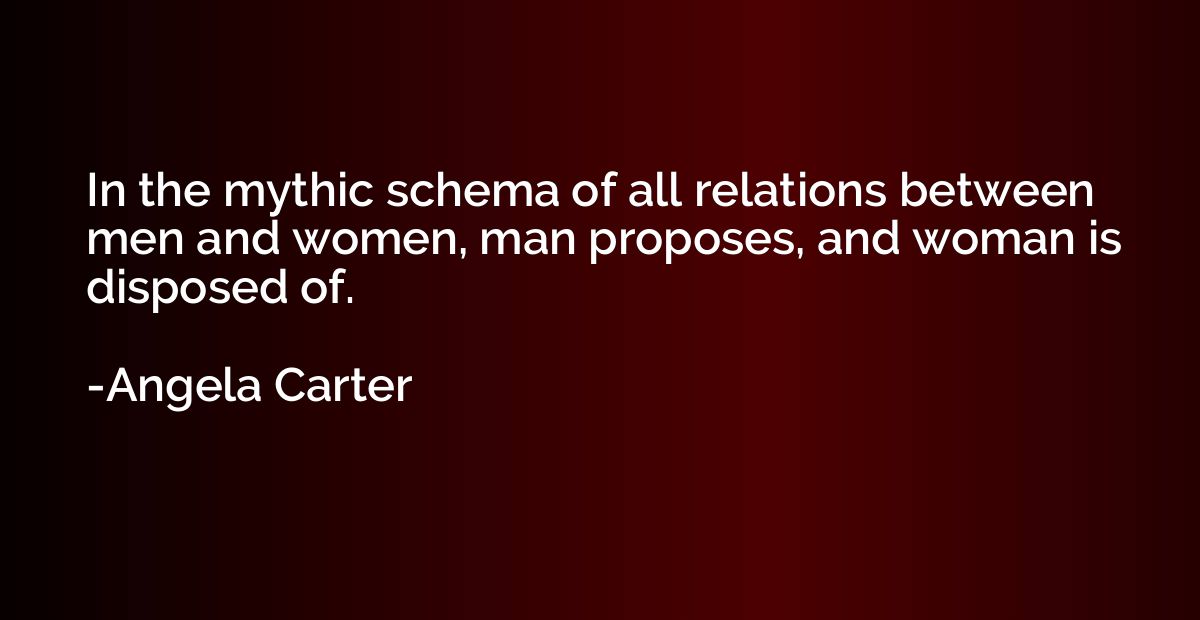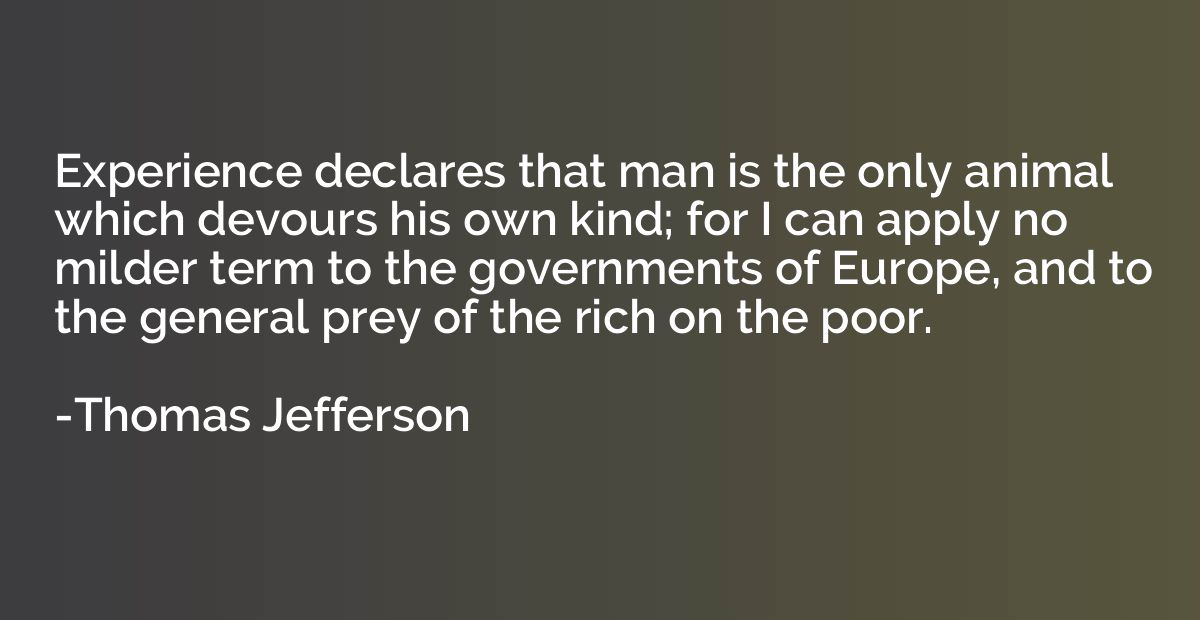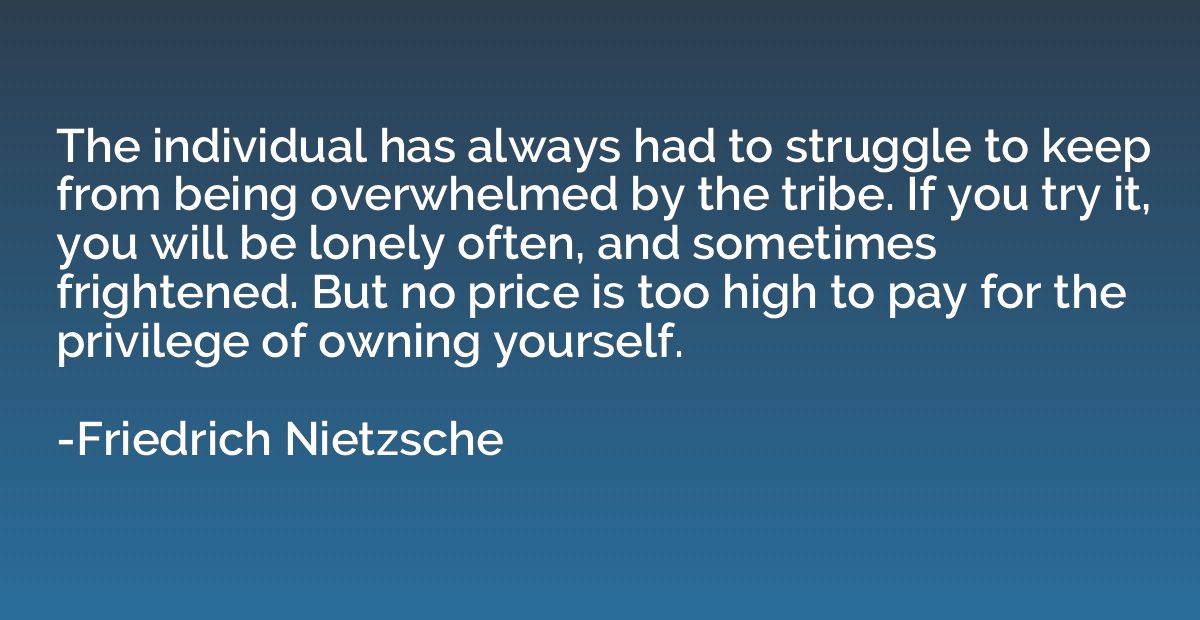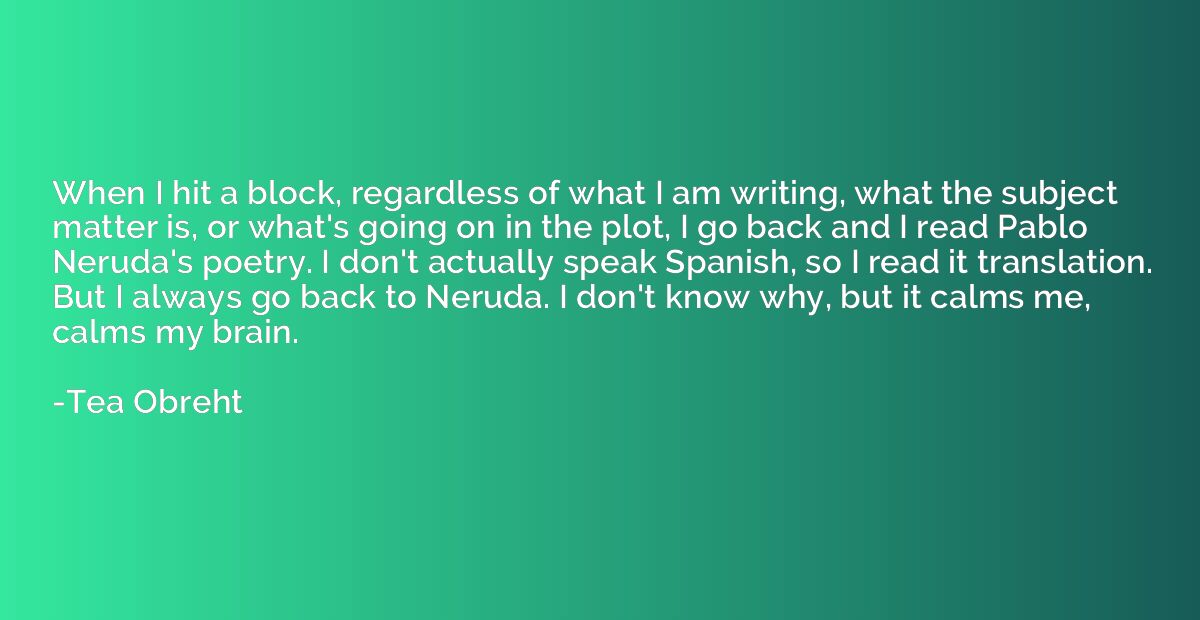Quote by Calvin Coolidge
Do the days work. If it be to protect the rights of the weak, whoever objects, do it. If it be to help a powerful corporation better to serve the people, whatever the opposition, do that. Expect to be called a stand-patter, but dont be a stand-patter. Expect to be called a demagogue, but dont be a demagogue. Dont hesitate to be as revolutionary as science. Dont hesitate to be as reactionary as the multiplication table. Dont expect to build up the weak by pulling down the strong. Dont hurry to legislate. Give administration a chance to catch up with legislation.
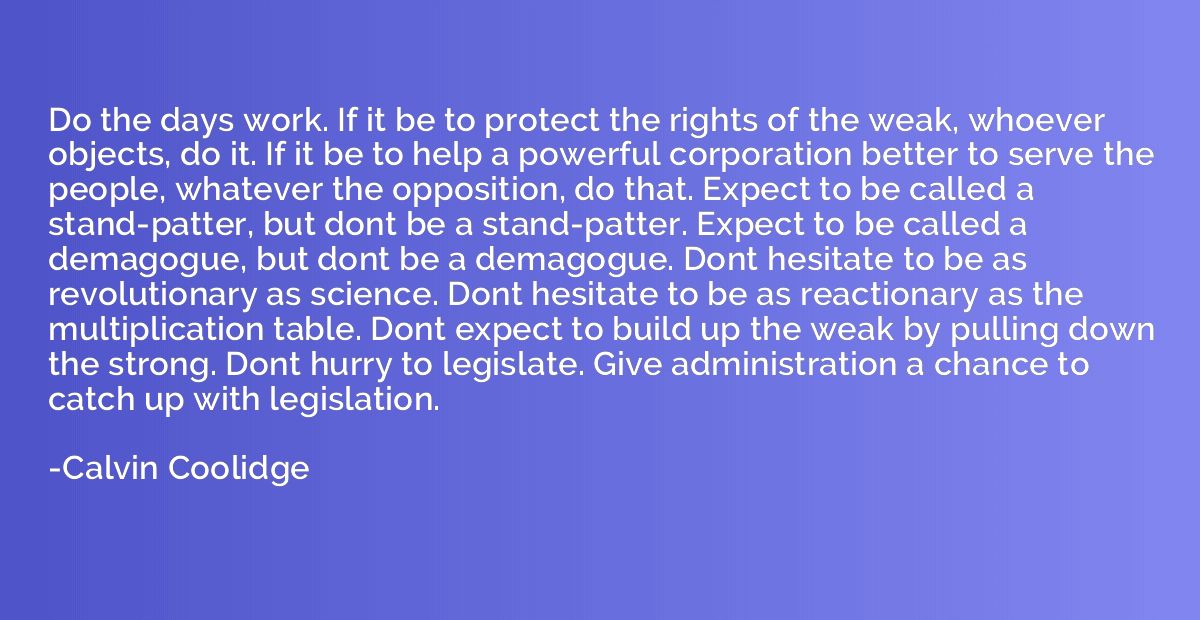
Summary
This quote encourages individuals to focus on taking action and fulfilling their responsibilities, regardless of the potential objections or opposition they may face. It emphasizes the importance of protecting the rights of the weak and aiding powerful corporations in serving the people effectively. The quote cautions against becoming stagnant or overly stubborn, urging individuals to be progressive like science and conservative like the multiplication table. It advises against hastily enacting laws and suggests giving time for administration to catch up with legislation, highlighting the need for thoughtful decision-making and balanced actions.




